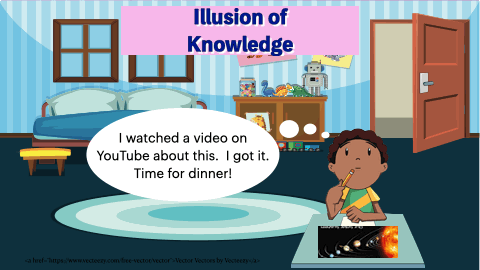
Reflections on Theory and Practice
In Pursuit of Understanding and Practices That Drive the Greatest Impact in Education
Metacognition
The big idea here is that Metacognition is a critical skill for learning. Knowing more about what metacognition is and how to access and develop it are important skills for educators and learners.
What Is Metacognition?
Metacognition is the process of reflecting upon your own thinking. On a more advanced level, it allows someone to monitor their thinking, assess and reflect on the quality of their thinking, and choose appropriate strategies to match different situations.


Metacognition is closely related to executive functioning in the brain. This is generally talked about as coming from the frontal cortex and it does several important things like holding goals in working memory, inhibiting behaviors, and shifting attention to places where focus is needed – these are all key executive functions which highly connect to metacognition.
Why is Metacognition Important
Metacognition is what helps us determine what we know and how well we know something. This is an important ability we should be developing as we grow and develop. There are two important concepts we will relate metacognition to here, that is Judgments of Learning (JOL's) and The Illusion of Knowledge.
Judgments of Learning (JOL's)
These are exactly what they sound like. They are judgments in our head that tell us if we know something or not.
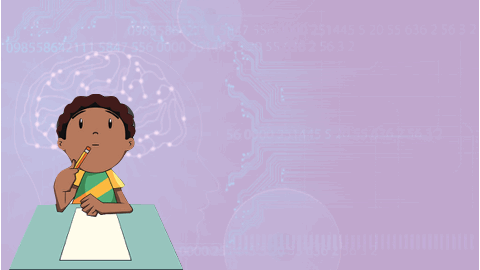
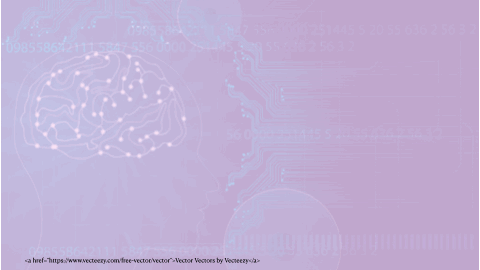
But as we can easily deduce from experience, our ability to make Judgements of Learning is generally a very flawed process. This is because of The Illusion of Knowledge.
The Illusion of Knowledge
Illusions of knowledge are when we think we know the information, or we WANT to know the information, or even when we subtly convince ourselves we know the information, but we really don't. This usually is in connection with another conflicting source. Ex. You want to do something else like play a video game, or you don't self-conscious because this topic is difficult, or etc. Also, when reading for example, it can FEEL like you just read the information and you know it, but in actuality, you don't.
Here are a couple of reasons why you might have Illusions of Knowledge.
You might lack motivation.

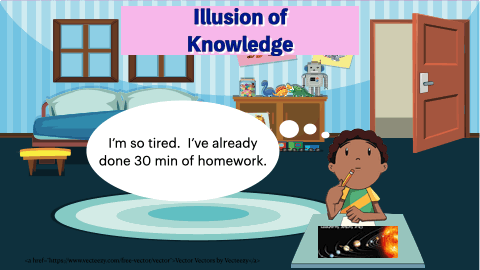
Stamina and endurance in the amount of effort you can put forth in an area.
Background knowledge or connecting skills, if you find you don't know something, do you know how to figure it out.
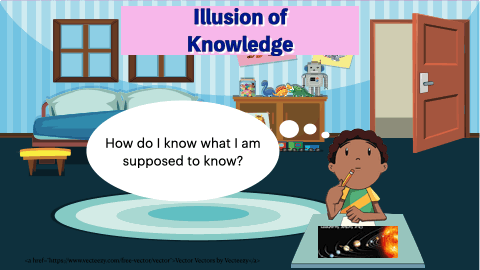
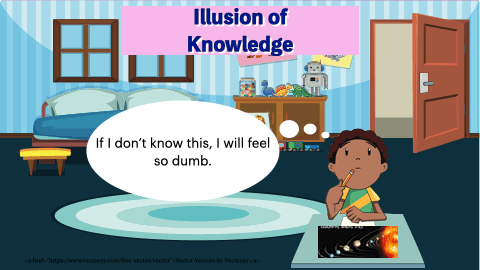
Growth Mindset or how you feel about yourself. How will this make you feel if you find out you don't know something you thought you did. Have you built the growth mindset and emotional stamina to handle it.
We can shatter this illusion is through testing ourselves. This allows you to see if you truly know it or not.
To do this we need a solid growth mindset and emotional stamina to support us when we shatter this illusion.
